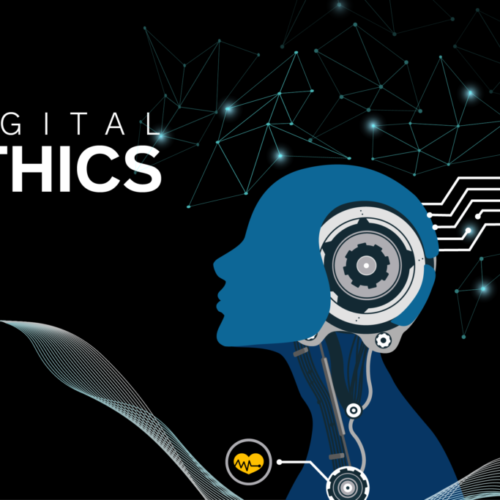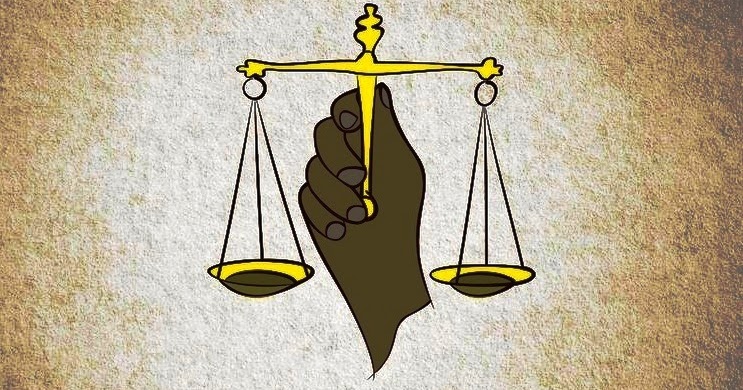Technology plays an increasingly important role in our lives, shaping the way we communicate, work, and even think. As we embrace the benefits of technology, it becomes crucial to consider the ethical implications that arise from its use. In this article, we will explore the fundamental principles governing the ethics of technology and understand their impact on society.
A World Driven by Technology
We live in an era where technology permeates every aspect of our lives. From artificial intelligence to biotechnology, technological advancements have given rise to new possibilities and challenges. As beginners in the field of technoethics, understanding the ethical dimensions of technology is an essential step towards responsible and informed decision-making.
Ethical Principles in Technology
Ethics provides a framework for evaluating the impact of technology on society. There are several fundamental ethical principles that guide our understanding of the ethics of technology.
1. Privacy and Security
In an interconnected world, the collection and use of personal data pose significant ethical concerns. Privacy and security demand that technology respects individuals’ rights and protects their information from unauthorized access or misuse.
2. Equality and Accessibility
Technological advancements should not exacerbate existing social inequalities but strive to bridge the digital divide. Equal access to technology and its benefits is a crucial ethical consideration.
3. Transparency and Accountability
Those developing and deploying technology have a responsibility to be transparent about its capabilities and limitations. Accountability ensures that actions and decisions are evaluated based on their ethical implications.
4. Human Well-being
Technology should enhance human well-being, promoting physical and mental health rather than detracting from it. Its impact on individuals and society must be evaluated through an ethical lens.
Real-world Case Studies
To comprehend the impact of technology on society’s ethics, let’s explore a few real-world case studies.
1. Social Media and Mental Health
The rise of social media platforms has resulted in increased concerns about mental health and online harassment. The ethical implications lie in recognizing the responsibility of these platforms to create a safe environment and minimize harm to users.
2. Autonomous Vehicles and Moral Dilemmas
Autonomous vehicles present a unique ethical challenge – the programming of algorithms to make split-second decisions in potential accidents. Should the vehicle prioritize the safety of its occupants or minimize harm to pedestrians? Addressing this ethical dilemma is critical for the responsible development and deployment of autonomous vehicles.
3. Artificial Intelligence and Bias
Artificial intelligence algorithms are not immune to biases that exist in society. This can result in unfair treatment or discrimination in areas such as employment, criminal justice, and healthcare. Ethical considerations in AI aim to mitigate these biases and ensure fairness in decision-making processes.
Conclusion: Navigating the Ethics of Technology
As technology continues to advance at an unprecedented pace, understanding the ethics surrounding its use becomes more crucial than ever. By embracing principles such as privacy, equality, transparency, and human well-being, we can shape a future where technology serves the greater good. Through real-world case studies, we have witnessed the influence of technology on society’s ethics. As beginners in the field of technoethics, let us navigate this complex landscape with knowledge and responsibility, ensuring that technology aligns with our shared values and ethical considerations.


 The
The  Human Dignity and Worth
Human Dignity and Worth Monotheism and Modern Human Rights
Monotheism and Modern Human Rights
 Monotheistic Roots of Social Justice
Monotheistic Roots of Social Justice Historical Examples
Historical Examples